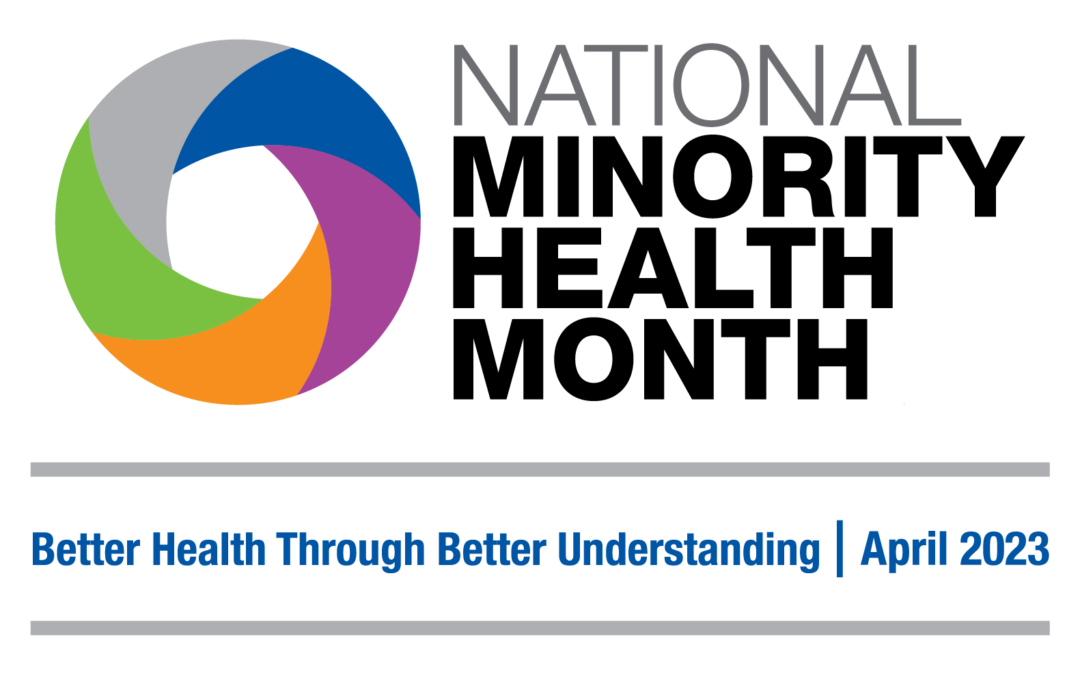Every year, the U.S. Department of Health and Human Services (HHS) Office of Minority Health (OMH) designates the month of April as Minority Health Month. This year’s focus for Minority Health Month is on providing accurate and helpful health information to encourage xxxx.
With a Better Health Through Better Understanding theme, Minority Health Month promotes the importance of providing information to diverse groups and populations that is both linguistically and culturally competent. When individuals and communities have access to health information, resources, and services that identifies and respects others’ formal and casual languages, religious and cultural behaviors and beliefs, and is provided with easy and convenient access to accurate health resources, the potential for better health outcomes is greatly improved.
Individuals who have accurate information that relates directly to how people in the community live are excellent ambassadors for promoting health information. As healthcare providers, nurses can help advocate for healthy lifestyle choices and activities. But if they aren’t taking into account a patient’s cultural beliefs and traditions, those recommendations have less chance of actually being put into effect.
Nurses are in an excellent position to help patients by being aware of their cultural norms around language and dietary choices and guidelines, activity choices, mental health approaches or stigmas, sexuality, and even how family decisions are made. Each of these areas can have a significant impact in a patient’s choices and so each decision is frequently made through several layers.
For Minority Health Month, the Office of Minority Health has several fact sheets and guidelines that can be downloaded for free. This Health Literacy and Limited English Proficiency: 2023 Reading List offers resources and links for nurses to find additional information that relates to communities in general and specific considerations for diverse populations. As a nurse, you may work with several populations and understanding those cultures will help you treat your patients more effectively. If they aren’t proficient in whatever the primary language of your practice is, work to help find a translator and to offer printed information that’s been translated to their primary language.
Building up a rapport is as important as letting people know the straight facts about minority health. You can do that in several ways, but having an open and curious approach to each patient’s life is a good beginning. Ask questions that are open and honest, and always ask permission first. Many people will be more willing to talk when someone asks permission to talk about a difficult or potentially embarrassing subject. If they decline to talk about something, respect that as difficult as it might be. It’s likely that under additional pressure, they might not give you a full and accurate answer anyhow.
If you can build trust, your patients will be more likely to open up to you about their concerns, about what’s bothering them, and about what’s not working for them. You’ll be in a better position to help them find an approach to long-term health that will be sustainable.
Ensuring that patient’s understand what you are relating to them and having information they can access or take home in a language they are proficient in, will put everyone ahead of the game. That linguistic and cultural competence is an essential piece of a comprehensive approach to minority health education and wellness.
- A Camp Nurse Volunteer Shares the Joy - April 30, 2024
- Is the FNP Program Right for You? - April 24, 2024
- WOC Nurses Week Highlights Specialty - April 16, 2024



